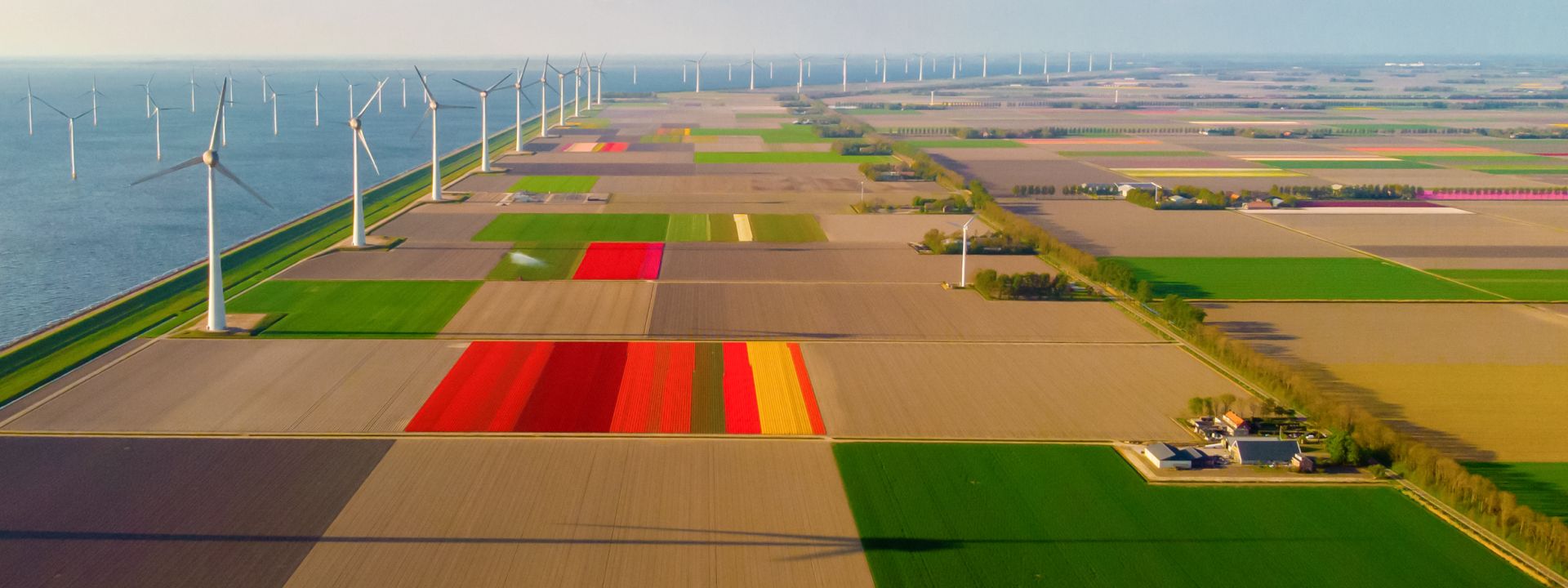This Policy Action Lab, organised by the Rural Pact Support Office, explored key opportunities for rural communities to benefit from the green transition and enhance their territorial development tools.
Agenda
(PDF – 184.29 KB)
Objectives
Building on the European Commision report ‘The long-term vision for the EU’s rural areas: key achievements and ways forward’, the Policy Action Lab:
- reflected on key challenges and opportunities for rural communities to benefit from the green transition and best ways to address them;
- boosted dialogue among policymakers and practitioners at all levels to explore ways of enhancing bottom-up approaches to the green transition through improved financing, delivery systems and territorial tools (such as LEADER/CLLD and Smart Villages).

Image by Martin Bergsma on Canva
Videos
- Welcome and introduction
- Setting the scene: Challenges and opportunities in the green transition for rural communities
- Setting the scene: Keynote speech
- Harnessing the potential of rural communities to benefit from the green transition: bioeconomy
- Harness the potential of rural communities to benefit from the green transition: water
- Enhancing territorial development tools for the green transition: LEADER/CLLD
- Enhancing territorial development tools for the green transition: Smart Villages
- Enhancing territorial development tools for the green transition: Cohesion policy tools for integrated territorial development
- Conclusions and proposals
- Closing remarks
Background documents
- The long-term vision for the EU’s rural areas: key achievements and ways forward
- Knowledge center for the Bioeconomy
- Renewable Energy production and potential in EU Rural Areas, Rural Observatory
- Best Practices of Renewable Energy Communities, Rural Energy Community Advisory Hub
Background
The EU’s rural areas are pivotal in advancing the green transition, presenting a significant opportunity to create jobs, combat land abandonment, and mitigate depopulation. This includes tapping into the potential of the bio- and circular economies to drive economic diversification and create quality jobs, particularly in the shift to a carbon-neutral and sustainable bio-economy.
A territorial approach that leverages the local potential of rural communities is vital for fostering diversification and innovation in the rural economy. Integrated territorial development, through place-based strategies, can maximise rural potential and create new economic opportunities in the green transition, ensuring rural communities benefit fairly from economic success.
The EU’s rural vision, launched by the European Commission (EC), is a crucial step to strengthen sustainable development of rural areas and genuine territorial cohesion throughout the EU. The recent EC report ‘The long-term vision for the EU’s rural areas: key achievements and ways forward’ reflects on how to enhance support for rural areas in the future, launching a debate for the post-2027 European rural policy framework. Moreover, the report puts forward 11 questions covering the most prominent topics raised to date by EU institutions, bodies and stakeholders for consideration in policy debates. This Policy Lab – organised by the Rural Pact Support Office - contributed to answering the following questions:
- What are the key opportunities for rural communities to benefit from the green transition? What are the best ways to address challenges and opportunities to harness the potential of rural communities in the green transition in a targeted way that considers the different needs of various rural areas?
- What is needed to support rural communities’ actions in the green transition through improved financing, delivery systems and enhanced territorial tools (e.g. LEADER/CLLD, Smart Villages)?
Target audience
The Policy Lab gathered 100 participants, including relevant policymakers and networks at EU, national and regional levels, involved in EU funds, including CAP and EU cohesion policies, representatives of regional and local stakeholders, such as civil society organisations and public authorities, as well as relevant academic and research and innovation organisations.
Additional info
Organiser

Rural Pact Support Office
Other

